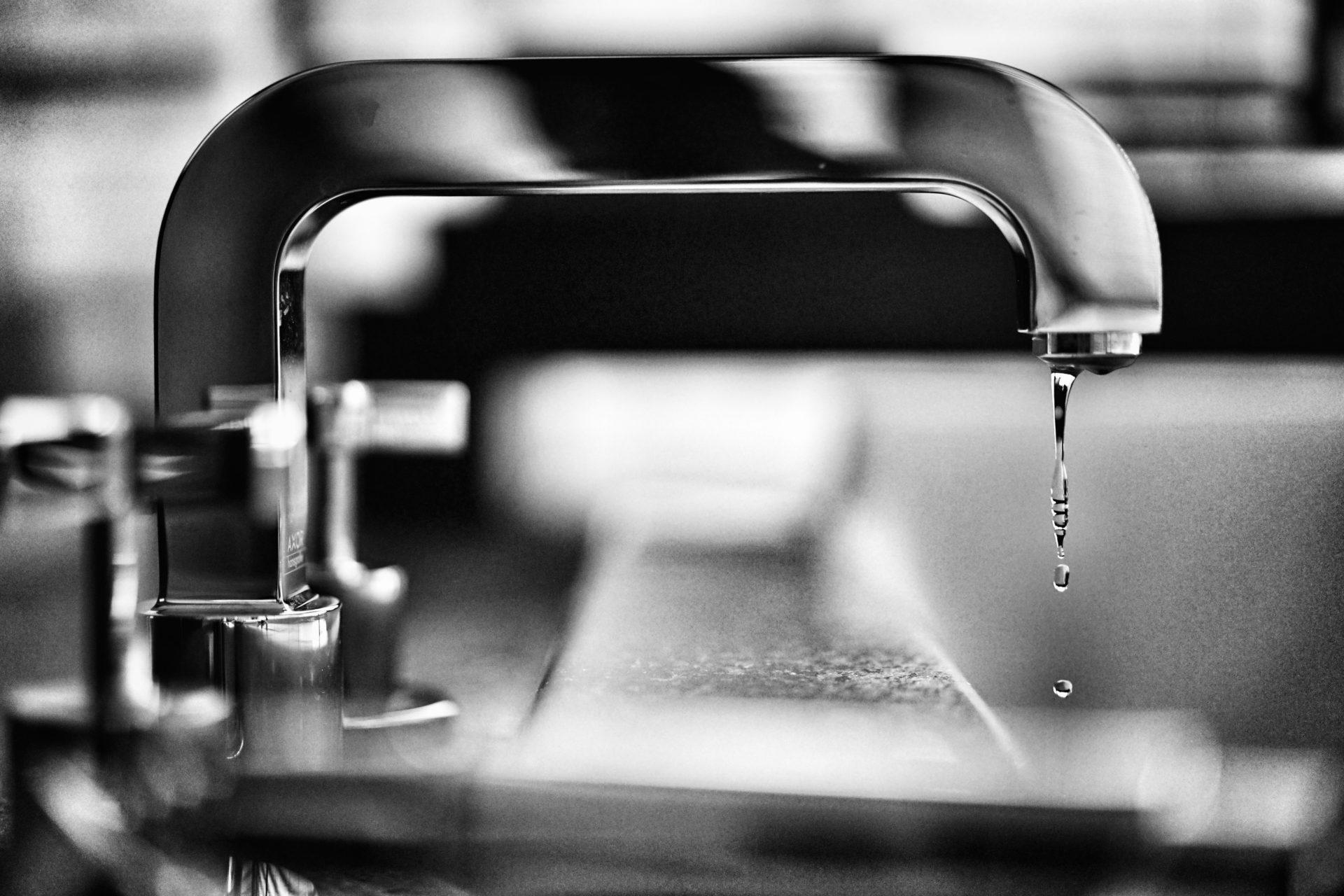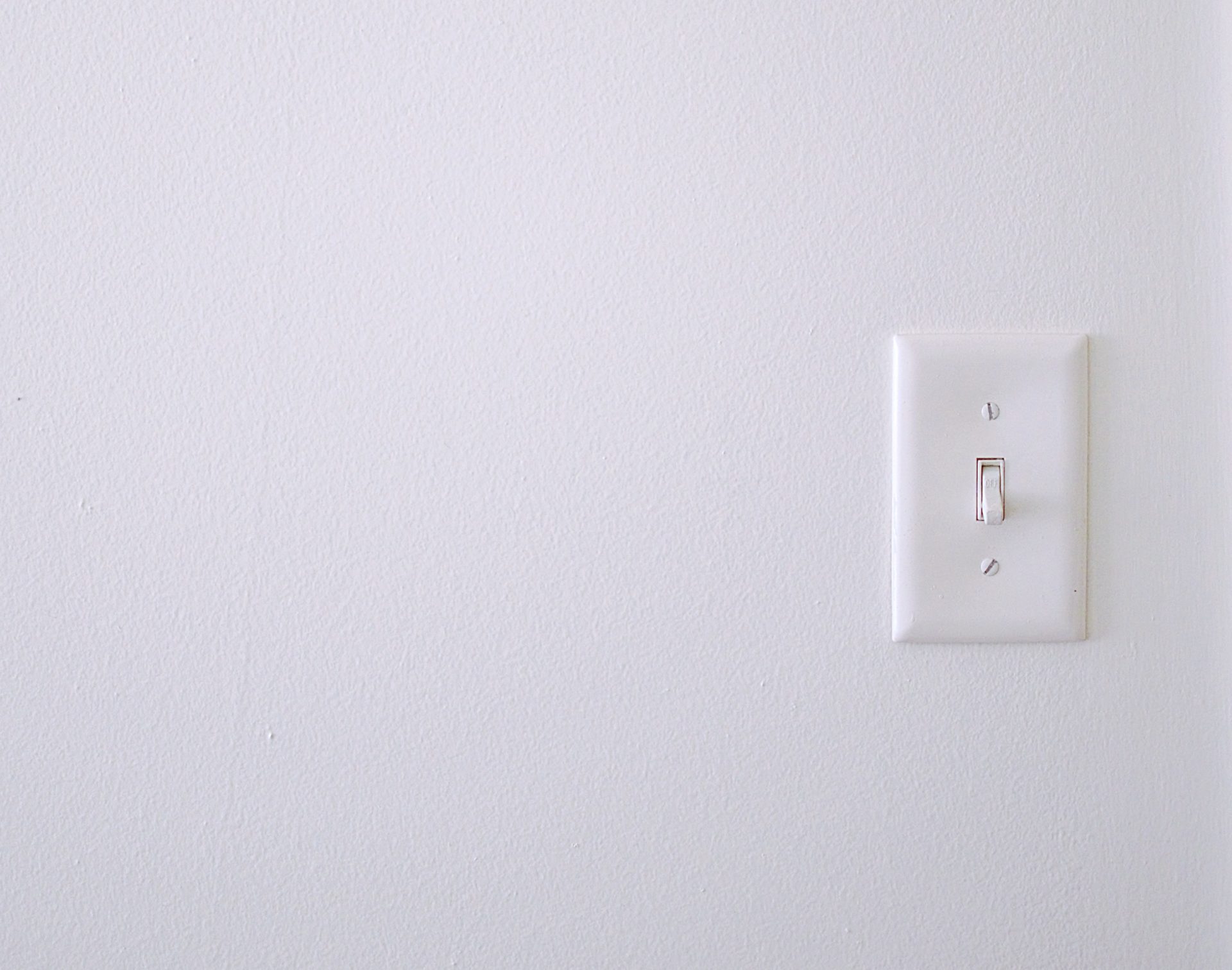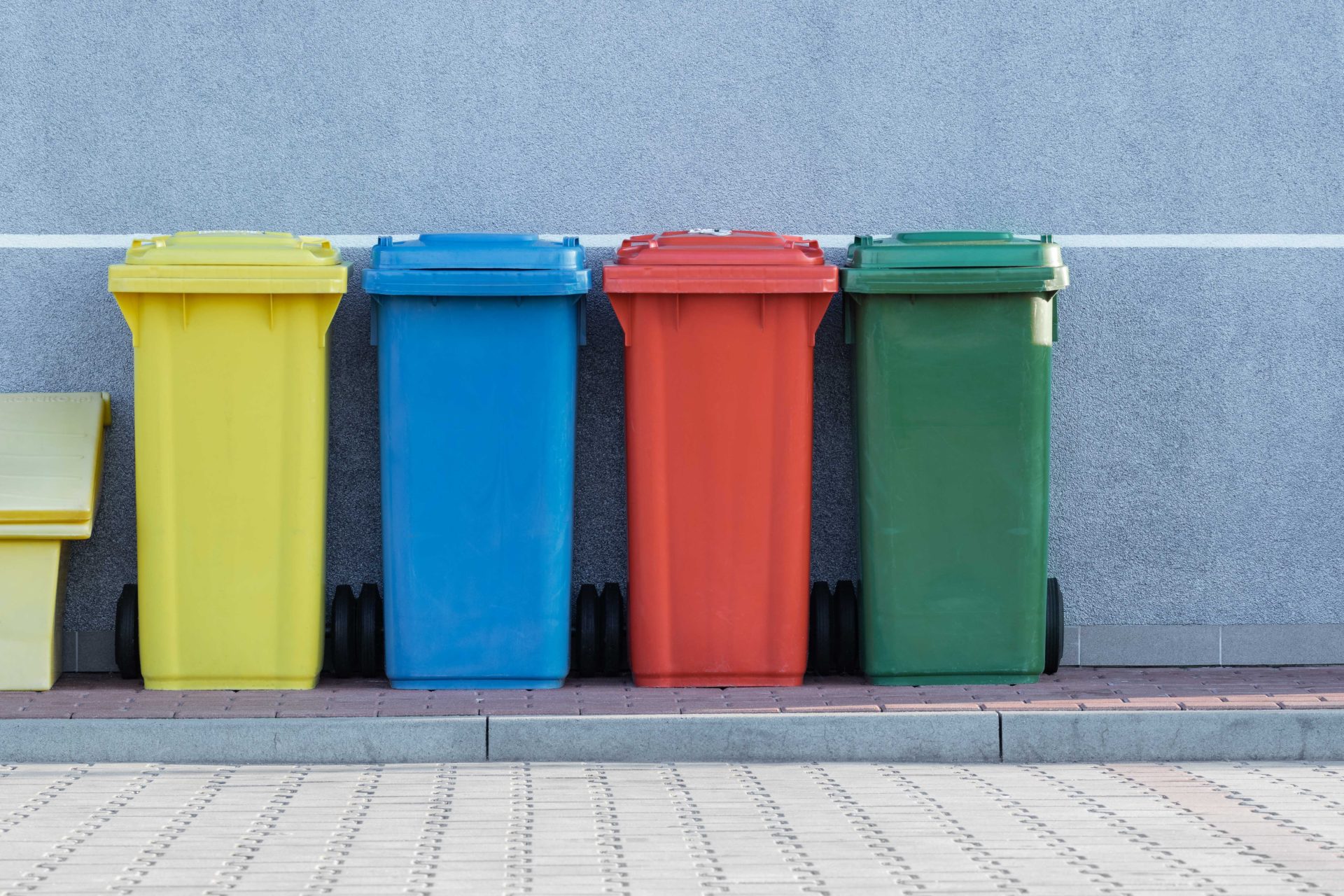It’s time to #thinkocean
You can start small with just one change and then build up to doing more! You can try these habits at home, at work or at school – tell everyone what you’re up to and don’t forget if you post on social media to use #thinkocean
Water

Cut down on all water use – Turn off the tap when brushing your teeth, be mindful of how long your showers are, collect rainwater to water your plants, only wash full loads in the washing machine, scrape off food from your dishes rather than rinse before you load the dish washer, drink tap water instead of bottled water.
How does this help the Ocean?
Reducing the amount of water you use is good because less water needs to be pumped and treated, saving electricity (less CO2 for the Ocean to absorb) and reducing the use of chemicals (reduced plastic waste and danger to wildlife).
This also helps to secure water supply for the future and supports wildlife by removing less water from natural environments and the water cycle.
Energy

Replace your lightbulbs – Switch out your lightbulbs for LED bulbs. These energy saving bulbs are not only good for the environment, they save the pennies in your wallet too!
Eco washer! – Wash your clothes on a cold wash – this uses less energy. Only wash when the load is full – this saves water. Hang dry your clothes rather than tumble drying – this save loads of energy and money for you.
Walk, cycle or take the bus when you can – Convenience killed the cat-shark. Being car free is considered to have one of the highest impacting personal choices you can make to reduce climate change. Take a look are your local bus timetable, it is easier than you think.
How does this help the Ocean?
Using electricity produced from fossil fuelled power stations directly adds carbon dioxide into the atmosphere. The Ocean absorbs CO2 causing it to become acidic – this pH change can be devastating for the marine food chain and therefore humans.
Waste

Cut down on all single-use plastic – Invest in reusable bottles, cups and bags for when you are out and about or shopping. Check if there is an alternative to the plastic wrapped food item you are about to put in your basket. Buy soap, shampoo and conditioner bars and bamboo tooth brushes to cut down plastic use in your bathroom.
Take a fashion break – Try just investing in one good quality item a month. These will last longer. If you are having a wardrobe cull, make sure you either recycle or donate your old clothes. If you must shop till you drop, try buying some pre-loved items, charity shops are a great place to start, not only are you supporting some great work you are saving the Ocean too!
Reduce, Reuse, Recycle – Recycling helps conserve important raw materials and protects natural habitats for the future, saves energy and reduces the amount of rubbish going to landfill. There are over 1,500 landfill sites in the UK, and in 2001, these sites produced a quarter of the UK’s emissions of methane, a powerful greenhouse gas.
How does this help the Ocean?
Less plastic in the Ocean, less chemical runoff from industry, less pressure on the electricity being used in production and disposal. Less waste means a lessened affect on all of the natural systems of our planet – that can only be a good thing.
Food

Meat free meals – not ready to go veggie just yet? Try committing to a meat-free diet one or two days a week to decrease the resources you use up. It takes about 750 litres of water to produce 1 kilogram of wheat, and it takes 100,000 litres of water to produce 1 kilogram of beef. That’s a huge difference.
Buy Local – Buying local reduces the carbon footprint of your food as it has travelled a shorter distance to get to you.
Sustainable seafood – Buying local sustainably caught fish not only supports local fishermen, it protects fish stocks and local marine habitats. Look for the fish with the tick certified by MSC.
How does this help the Ocean?
Just like trying to reduce waste in other parts of our daily life, reducing the pressure we put on meat production, carbon footprint and wild fish stocks will give the Ocean a fighting chance at reversing its cycle of decline.


